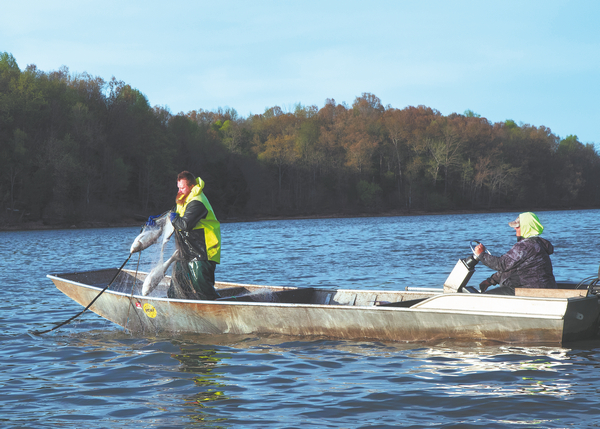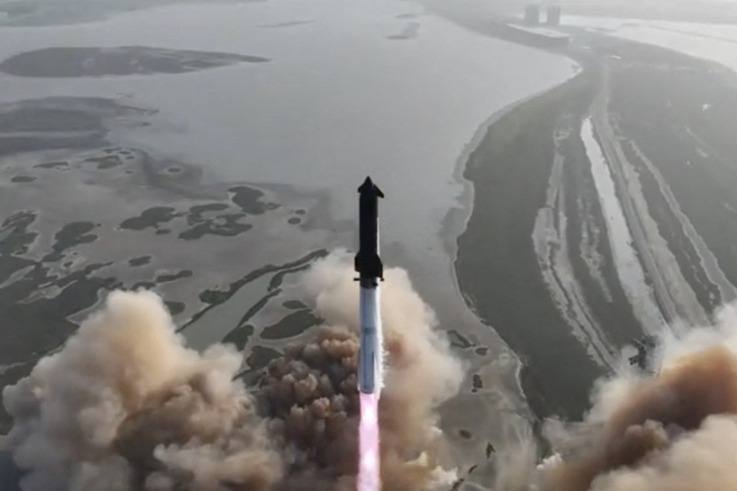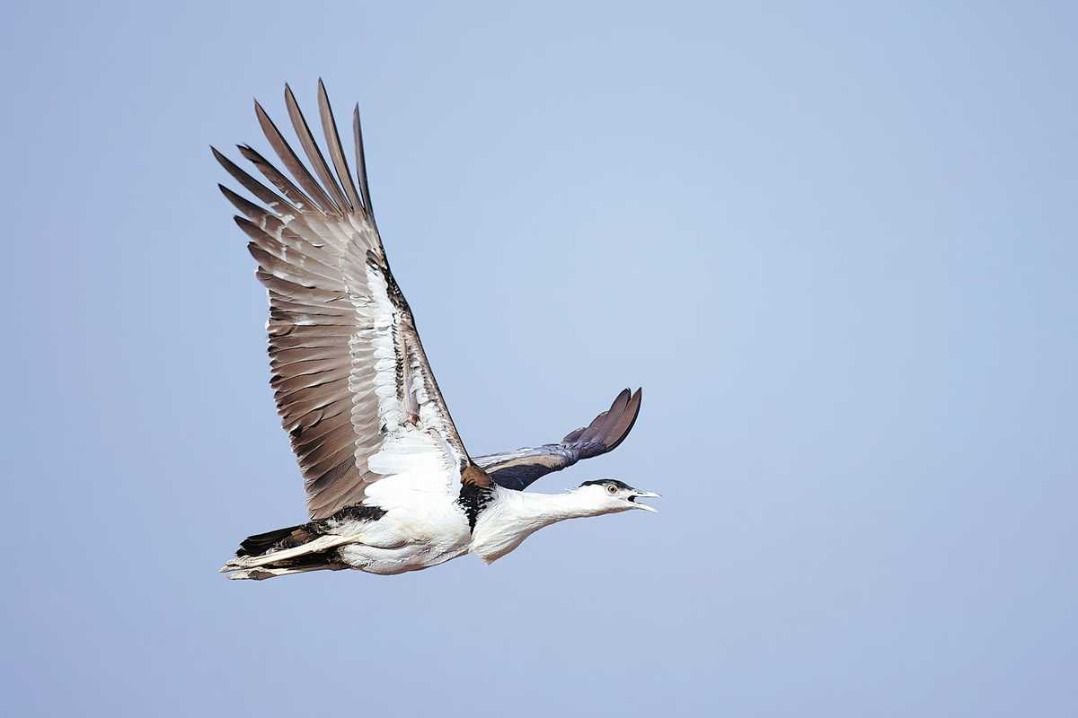Invasive species cause damages worth trillions: Study


PARIS — From river-clogging plants to disease-carrying insects, the direct economic cost of invasive species worldwide has averaged about $35 billion a year for decades, researchers said on Monday.
Since 1960, damage from non-native plants and animals expanding into new territory has cost human society more than $2.2 trillion, 17 times higher than previous estimates, they reported in the journal Nature Ecology & Evolution.
The accelerating spread of invasive species — from mosquitoes to wild boar to tough-to-eradicate plants — blights agriculture, spreads disease and drives the growing pace of species extinction.
Earlier calculations based on highly incomplete data were already known to fall far short of reality.
To piece together a more accurate picture, an international team of researchers led by Ismael Soto, a scientist at the University of South Bohemia in the Czech Republic, compiled data on 162 invasive species. The damages caused by these have been well documented in at least a handful of countries.
They then modeled the economic impact for 78 other countries such as Bangladesh and Costa Rica, for which no data was previously available.
"We expected an underestimation of invasion costs, but the magnitude was striking," Soto told AFP.
Mainly due to high volumes of trade and travel, tens of thousands of animal and plant species have taken root, sometimes far from their places of origin.
Europe is by far the continent most affected by the phenomenon, followed by North America and Asia.
"Plants were the most economically damaging group, both for damage and management," Soto said. "Cost hots pots include urban coastal areas, notably in Europe, eastern China, and the US."
Animals can cause devastating damage too. Wild boars, for example, destroy crops, cornfields and vineyards, while mosquitoes — with expanding ranges due to global warming — impose direct costs on human health by spreading diseases such as dengue and malaria.
Using a broader definition, including indirect costs such as lost income, the UN's biodiversity expert group, IPBES, has calculated the total cost to society of invasive species at about $400 billion annually.
Agencies via Xinhua

































